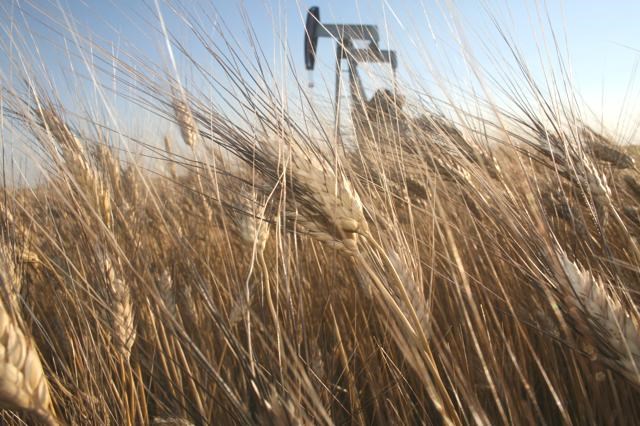Submitted by Cam Dahl,
President of Cereals Canada
It has been said by quite a few people that organizations are best defined by what they oppose versus what they support. That seems like too cynical of a view of the world. I want to talk about what we stand for.
Canadian agriculture stands for science-based regulations and rules of trade. Why? Because farmers across this country depend on access to international markets for their livelihood. A farmer in Mortlach Saskatchewan must have access to Japan, Indonesia, Algeria and about 100 other countries in order to ensure their farm is economically viable. If countries are free to set up trade barriers in response to the latest internet trends with no reference to evidence-based health or safety concerns than our friends farming in Mortlach will soon find themselves without any markets to sell into.
What is this “science” that we stand for? This is the science behind Canada’s regulatory approval process for pesticides. Pesticides that are registered for use in Canada have been tested and found to be safe – safe for human health, safe for animal feed and safe for the environment. This applies even to pesticides like glyphosate that the “experts” on the internet might not like. This assessment of safety is built upon rigorous research, scientific peer review and studies that have been replicated around the world.
Modern Canadian agriculture also stands for sustainability. What is “modern agriculture?” Modern agriculture makes use of pesticides and chemical fertilizers. Modern agriculture is often large in scale. Modern agriculture makes use of cutting-edge technology to deliver new plant varieties that give higher yields, are more resistant to disease and have superior quality. Modern farmers use GPS, satellite imagery and big data to precisely place seeds and crop nutrients.
Many might think words like “modern”, “large scale”, “pesticides” and “chemical fertilizer” do not belong next to “sustainability”. But these words do belong together. Modern Canadian agriculture has a fantastic sustainability story to tell. And yes, I am going to use a bit of science to tell that story.
Between 1981 and 2011 (the last year for which we have data) the amount of energy needed to produce a tonne of wheat in the prairies declined by 39%. Back in 1981, soil organic matter was being depleted. But because of modern agriculture, such as conservation tillage, organic matter in prairie soils is increasing every year. What does this mean? Well, it means soil is healthier today than it was in 1981. Soil is more productive, it is less susceptible to wind and soil erosion and farms across the country are sequestering carbon dioxide every year.
If you happen to live near Mortlach Saskatchewan you will know that the summer of 2017 saw record low rainfall in the region. In many towns, there was less rain than the famous droughts of the 1930s. And yet farmers in Mortlach did not have a complete crop failure. Nor did Saskatchewan soil blow into Ontario all summer long like it did in the “Dirty ‘30s.” I find it hard to think of more graphic demonstrations of the sustainability of modern agriculture.
Modern agriculture stands for science, we stand for innovation and we stand for sustainability. Some try to say that this means we stand against other approaches, like organic or natural production. This is not true and is a false conflict that is harmful to farmers who utilize both production systems.
There is room for many different ways of producing food, provided these production systems are safe for the people who eat what is produced, safe for the livestock that depends on the feed grown and is safe for the land and water. These are scientific questions that are a matter of evidence.
What we do not stand for is governments deviating from scientific evidence because of pressure from activists who do not believe the scientific consensus on modern agricultural practices. Deviating from an evidence-based approach, such as banning or limiting pesticides that have been shown to be safe or limiting the use of modern biotechnology, will limit the tools available to farmers. This will reduce the environmental gains that we have seen in the last twenty years. Deviating from science-based rules of trade will limit agriculture’s ability to access markets around the world, deliver jobs to every region of the country and support our economic health.
So I guess in the end we are defined a bit by what we are against. But this is not fellow producers who are trying to make a living meeting varying demands coming from consumers. That we stand for.




